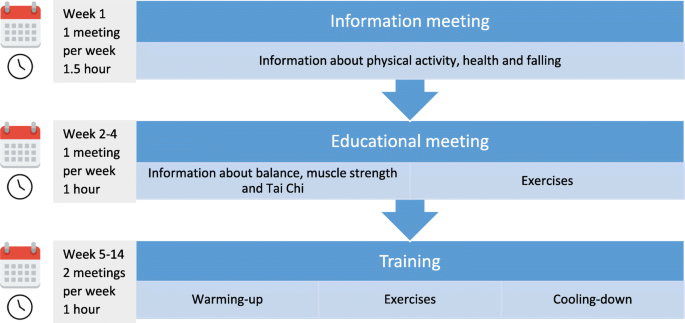Dementia Fall Risk Fundamentals Explained
Dementia Fall Risk Fundamentals Explained
Blog Article
See This Report about Dementia Fall Risk
Table of ContentsAn Unbiased View of Dementia Fall RiskSome Ideas on Dementia Fall Risk You Should KnowUnknown Facts About Dementia Fall RiskAll About Dementia Fall RiskDementia Fall Risk Things To Know Before You Buy
In the community, insufficient street lighting or vulnerable creeks and garbage dumps may also create crashes. Loss Danger Evaluation Tool (FRAT) is a 4-item falls-risk screening device for sub-acute and household treatment. The FRAT has three sections: drop threat condition, risk factor list, and activity plan. A Fall Threat Condition includes information regarding history of current falls, medications, emotional and cognitive standing of the client.If the patient ratings on a risk variable, the matching variety of points are counted to the person's autumn threat score in package to the far appropriate. If an individual's loss danger rating totals five or greater, the person is at high danger for drops. If the individual ratings just 4 factors or reduced, they are still at some threat of falling, and the registered nurse needs to use their best professional assessment to handle all loss risk variables as part of an alternative care strategy.
These conventional methods, generally, assist establish a risk-free atmosphere that decreases unintentional falls and delineates core preventive procedures for all individuals. Indications are important for patients at risk for drops. Health care carriers require to acknowledge that has the problem, for they are in charge of executing actions to advertise individual safety and prevent drops.
The Single Strategy To Use For Dementia Fall Risk
For instance, wristbands need to consist of the client's last and given name, day of birth, and NHS number in the UK. Details should be printed/written in black against a white background. Just red shade needs to be made use of to signal special client condition. These referrals are regular with current developments in client identification (Sevdalis et al., 2009).
Products that are as well far may require the client to reach out or ambulate unnecessarily and can potentially be a risk or add to falls. Helps prevent the patient from heading out of bed with no aid. Registered nurses react to fallers' phone call lights faster than they do to lights initiated by non-fallers.
Visual impairment can considerably cause drops. Keeping the beds closer to the flooring minimizes the risk of drops and major injury. Positioning the bed mattress on the flooring considerably reduces loss risk in some medical care settings.
Dementia Fall Risk Fundamentals Explained
Patients who are tall and with weak leg muscle mass that attempt to rest on the bed from a standing position are likely to fall onto the bed due to the fact that it's also low for them to lower themselves safely. If a high patient attempts to obtain up from a reduced bed without assistance, the patient is likely to fall back down onto the bed or miss the bed and fall onto the floor.
They're created to advertise prompt rescue, not to protect against drops from bed. Aside check it out from bed alarms, increased guidance for risky clients also might assist avoid falls.

Individuals with an evasion stride increase fall opportunities significantly. To lower fall danger, footwear need to be with a little to no heel, thin soles with slip-resistant walk, and support the ankle joints.
The 20-Second Trick For Dementia Fall Risk
In a research, homes like it with ample illumination report less falls (Ramulu et al., 2021). Improvement in lights at home may decrease loss rates in older adults.

Caretakers are effective for ensuring a safe and secure, protected, and risk-free setting. Researches demonstrated extremely low-certainty proof that caretakers decrease loss threat in intense treatment medical facilities and only moderate-certainty that options like video monitoring can decrease caretaker use without enhancing autumn danger, suggesting that caretakers are not as helpful as initially believed (Greely et al., 2020).
The Buzz on Dementia Fall Risk

Enhanced physical fitness reduces the risk for drops and restricts injury that is sustained when fall takes place. Land and water-based exercise programs may be likewise advantageous on balance and gait and thereby reduce the danger for drops. Water exercise might add a favorable advantage on balance and stride for females 65 years and older.
Chair Increase Workout is a basic sit-to-stand workout that helps strengthen the muscle mass in the upper legs and buttocks and improves flexibility and self-reliance. The goal is to do Chair Rise workouts without utilizing hands as the customer ends up being stronger. See sources area for a comprehensive guideline on how to execute Chair Increase workout.
Report this page